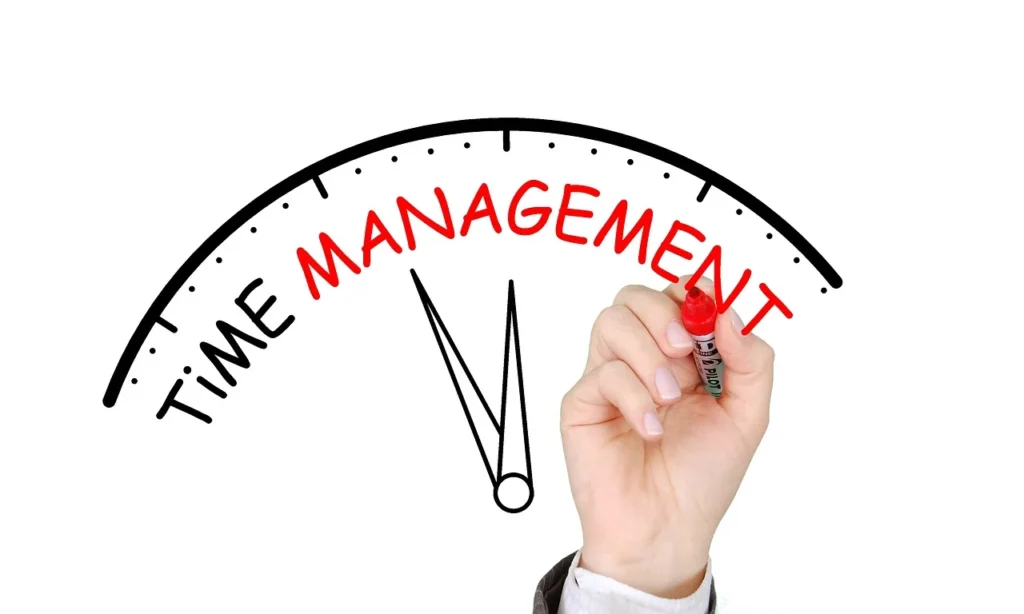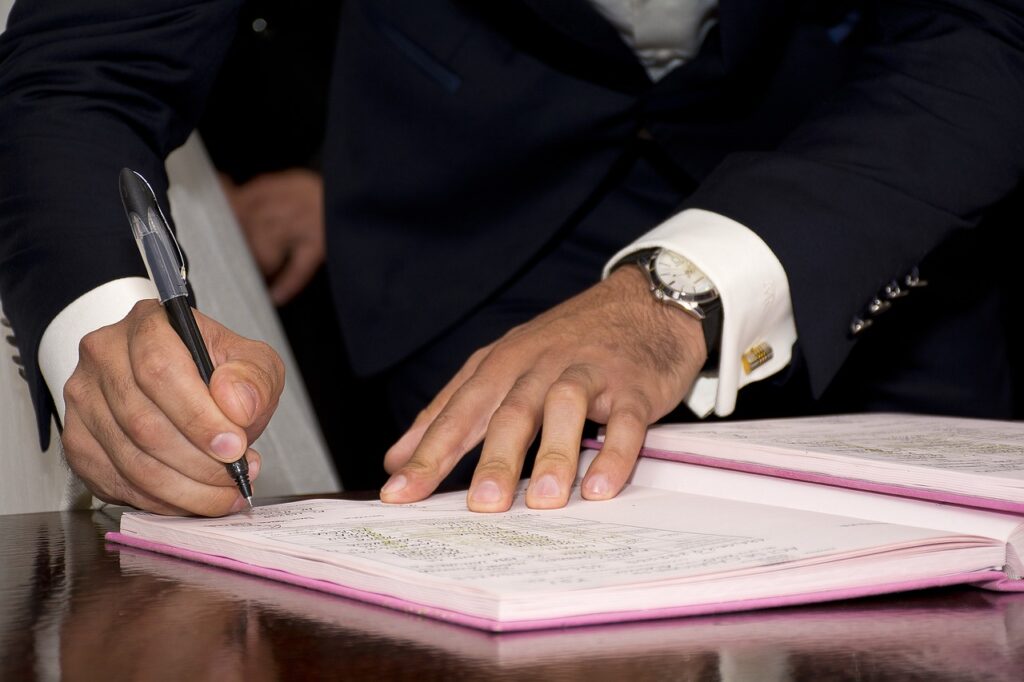Securing funding for projects, whether for a nonprofit, educational institution, or business, is more challenging than ever. Competition for grants is fierce, and even the most well-thought-out proposals can fail without a skilled grant writer on your team. But how do you determine who has what it takes to craft a compelling proposal? What are the Grant Writer Qualifications you should prioritize?
The stakes are high. A poorly written proposal could mean missing out on critical funding. On the other hand, hiring the right grant writer can significantly improve your chances of success.
This blog unpacks what to look for when evaluating potential candidates, covering essential skills, educational backgrounds, certifications, and real-world experience. Stay tuned to uncover how to hire someone who can secure the funding your organization deserves.
Why Hiring the Right Grant Writer Matters
The Importance of Grant Writers in Securing Funding
Grant writing is a specialized skill requiring more than just good writing. It involves strategic planning, research, compliance knowledge, and the ability to align your organization’s goals with funders’ priorities. A skilled grant writer can bridge the gap between your mission and a funder’s requirements.
Hiring the right professional ensures:
- Proposals tailored to funder guidelines.
- A clear and compelling case for why your project deserves funding.
- Stronger chances of standing out in a competitive field.
Challenges of Poorly Written Grant Proposals
Poorly crafted proposals can lead to rejection, which not only wastes time but can also hurt your reputation with funders. A weak proposal might include:
- Lack of alignment with grant criteria.
- Poor grammar or unclear messaging.
- Failure to demonstrate measurable outcomes.
The consequences of these mistakes are significant, making it crucial to focus on identifying candidates with the right Grant Writer Qualifications.
The Rising Competition in Grant Writing

The pool of applicants for grants has grown exponentially in recent years. With limited funding opportunities, funders are becoming more selective. A professional who understands Grant Writing Skills Required for success can help you craft proposals that meet and exceed expectations.
Key Grant Writer Qualifications to Consider
Hiring the right grant writer can make or break your chances of securing funding. But what are the Key Qualifications for Grant Writers that ensure a successful hire?
Below are the critical aspects to consider:
Communication and Persuasive Writing Skills
A professional grant writer must be adept at crafting compelling narratives that persuade funders to invest in your project. This includes:
- The ability to tailor proposals to a funder’s interests and guidelines.
- Writing clear, concise, and engaging content that communicates your organization’s goals.
- Using data and storytelling to strengthen proposals.
Understanding the Grant Application Process
Grant applications often come with complex requirements. Look for candidates with a deep understanding of:
- Grant submission portals and processes.
- Compliance with technical requirements, such as formatting and attachments.
- Deadlines and other administrative nuances.
Research Proficiency
Grant writing isn’t just about writing—it’s about finding the right funding opportunities. A skilled grant writer should excel in:
- Identifying funders whose priorities align with your project.
- Researching past funding recipients to understand patterns and preferences.
- Staying updated on changes in funding availability and trends.
By prioritizing these Grant Writer Qualifications, you’ll ensure your hire is not only skilled but also a strategic asset to your organization.
Grant Writing Skills Required for Success
A successful grant writer needs more than a basic understanding of funding applications. The Grant Writing Skills Required for success include a combination of technical, organizational, and interpersonal abilities:
Writing and Editing Expertise
Proposals must be polished and professional. Grant writers need:
- Excellent grammar and editing skills.
- The ability to explain complex ideas simply and effectively.
- Familiarity with grant-specific terminologies.
Time Management and Organizational Skills

Grant deadlines are non-negotiable, and missing them means missed opportunities. Your grant writer should be able to:
- Balance multiple projects simultaneously.
- Organize application materials effectively.
- Create timelines for proposal development to ensure on-time submission.
Attention to Detail
Funders pay close attention to the details of proposals. A grant writer must:
- Double-check for compliance with funder requirements.
- Ensure that all required documents are included.
- Eliminate typos, errors, and inconsistencies.
Professional Grant Writer Education: Academic Background
While there isn’t one specific degree required for grant writing, certain academic qualifications can indicate strong potential.
Relevant Degrees
Many successful grant writers hold degrees in:
- English, Communications, or Journalism: These disciplines strengthen writing and editing skills.
- Nonprofit Management: A background in nonprofit work helps align proposals with funder priorities.
- Public Administration or Social Work: These fields provide insight into community needs and funding landscapes.
Continuing Education and Professional Development
Look for candidates who have taken steps to improve their expertise, such as:
- Attending grant writing workshops or seminars.
- Pursuing certifications that enhance their credentials (covered in the next section).
Real-World Application of Knowledge
An academic background is valuable, but practical application is equally important. Be sure to evaluate how a candidate’s education has translated into successful grant proposals.
Grant Writing Experience Needed: Building Expertise
Experience is one of the most critical Grant Writer Qualifications to evaluate. While education and skills lay the foundation, hands-on experience demonstrates a candidate’s ability to deliver results.
Why Experience Matters
Grant writing requires an understanding of real-world challenges, such as:
- Knowledge about different types of funding applications (government grants, private foundations, corporate sponsorships).
- Drafting proposals for diverse industries, from healthcare and education to the arts.
- Managing relationships with funders to secure recurring support.
Assessing Experience
When hiring, ask candidates to provide:
- Portfolio Examples: Review successful proposals they’ve written.
- Success Rates: Understand the percentage of proposals they’ve secured funding.
- Industry-Specific Knowledge: Ensure their experience aligns with your field or mission.
Balancing Experience and Innovation
While experienced grant writers bring proven strategies, newer professionals can offer fresh ideas and creativity. Consider your organization’s needs to strike the right balance.
Certifications to Look For: Grant Writer Certification Courses

Certifications demonstrate a grant writer’s commitment to their craft and provide an additional layer of credibility.
Top Certifications for Grant Writers
When evaluating candidates, look for certifications from reputable programs such as:
- Grant Professional Certification (GPC): Offered by the Grant Professionals Certification Institute, this is a gold standard for grant writers.
- Foundation Center Training: Courses in proposal writing and funder research.
- Nonprofit Ready Certification: Free courses for nonprofit professionals, including grant writing.
Benefits of Certifications
- Shows dedication to professional growth.
- Enhances understanding of grant compliance and strategy.
- Provides up-to-date knowledge of funding trends.
Should Certification Be a Deal-Breaker?
While certifications are valuable, they’re not always necessary if the candidate has extensive experience and a proven track record. However, for less experienced candidates, certifications can indicate strong potential.
Red Flags When Hiring a Grant Writer
While evaluating candidates, it’s essential to watch for warning signs that may indicate they’re not the right fit.
Common Red Flags
- Lack of Proven Success: A strong candidate should provide examples of funded proposals and measurable results.
- Overpromising Outcomes: No grant writer can guarantee funding. Be cautious of unrealistic claims.
- Poor Communication Skills: A grant writer should communicate clearly and promptly throughout the process.
- Limited Understanding of Your Industry: If the candidate doesn’t understand your organization’s goals, their proposals may miss the mark.
How to Mitigate Risk
- Conduct thorough reference checks.
- Request writing samples to assess their tone and style.
- Use a trial project to gauge their capabilities before committing to a long-term hire.
Building Long-Term Relationships with Grant Writers
Hiring the right grant writer is a critical first step, but fostering a long-term relationship with them can maximize the value they bring to your organization. Successful collaborations often lead to higher funding success rates over time as the writer becomes more familiar with your mission, goals, and nuances. Here’s how to ensure your partnership thrives:
Communicate Your Organization’s Vision and Goals
Grant writers work best when they deeply understand your organization. Regularly share updates on:
- Your mission and core objectives.
- Current and upcoming projects.
- Key achievements and milestones.
By aligning their proposals with your evolving needs, grant writers can craft more tailored and compelling applications.
Provide Feedback and Acknowledge Successes
Constructive feedback helps writers refine their work and better meet your expectations. Recognizing their successes, such as securing a significant grant, fosters trust and mutual respect. Consider:
- Offering feedback on unsuccessful proposals to improve future applications.
- Celebrating milestones together, such as hitting funding goals.
Offer Access to Internal Resources
Equip your grant writer with the tools they need, such as:
- Comprehensive data and reports about your organization.
- Success stories and testimonials that highlight your impact.
- Team members who can provide specific project details.
The more resources they have, the stronger their proposals will be.
Invest in Their Professional Development
Support your grant writer’s growth by encouraging them to:
- Attend industry conferences or workshops.
- Pursue additional certifications.
- Stay updated on funding trends through webinars and courses.
An investment in their skills is an investment in your organization’s future.
Foster a Collaborative Environment
Treat your grant writer as part of your team rather than an external service provider. Collaboration boosts morale and ensures alignment. Involve them in:
- Strategy sessions to identify future funding needs.
- Team meetings to build rapport and share insights.
- Networking events to establish direct connections with funders.
Why This Matters
Establishing a strong, long-term relationship with your grant writer isn’t just about securing funding—it’s about building a partnership that evolves and strengthens over time. By treating your grant writer as a strategic ally, you’ll unlock their full potential, creating more opportunities to achieve your mission.
Wrapping It All Up
Finding the right grant writer requires careful consideration of their Grant Writer Qualifications, skills, education, certifications, and experience. By prioritizing these factors, you can hire a professional who will increase your chances of securing the funding your organization needs to thrive.
Whether you’re looking for someone with advanced Grant Writing Skills Required, a strong academic background in Professional Grant Writer Education, or specialized credentials from Grant Writer Certification Courses, this guide provides the insights you need to make an informed decision.
Hiring a grant writer isn’t just an investment in their expertise—it’s an investment in the future of your organization. Make it count by focusing on the qualifications that matter most.
FAQs – Frequently Asked Questions
1. How much does it cost to hire a professional grant writer?
The cost of hiring a grant writer varies depending on their experience, the complexity of your project, and whether they charge an hourly rate, a flat fee, or a percentage of the grant award. On average, hourly rates range from $50 to $150, while flat fees can range from $1,500 to $10,000 per project. Always clarify payment terms before hiring to avoid misunderstandings.
2. Can a grant writer help identify funding opportunities?
Yes, many grant writers offer research services to identify grants that align with your organization’s goals. They analyze funding criteria, deadlines, and eligibility to present the best opportunities for your needs. This additional service can save you time and improve your chances of securing funding.
3. Do I need a grant writer on staff, or should I hire one on a freelance basis?
This depends on your organization’s needs and budget. If you apply for grants regularly, an in-house grant writer may be a better investment. However, if you only need occasional assistance, hiring a freelance grant writer is a cost-effective solution.
4. What should I include in the job description for a grant writer?
A detailed job description should include:
- Key responsibilities, such as writing proposals, conducting research, and managing deadlines.
- Required qualifications, including experience, education, and any preferred certifications.
- Desired skills, such as writing expertise, organizational abilities, and familiarity with your industry.
Clearly outlining your expectations ensures you attract the right candidates.
5. How can I measure a grant writer’s success?
Success can be measured through metrics such as:
- The number of grants applied for versus awarded.
- The total amount of funding secured.
- The quality of their proposals, as indicated by feedback from funders.
While no grant writer can guarantee funding, a strong track record of winning proposals is a good indicator of their effectiveness.

